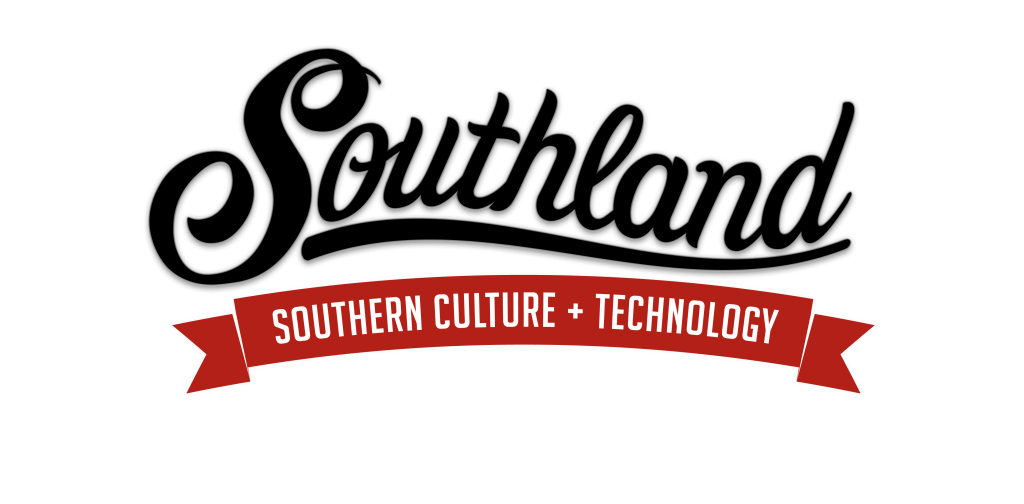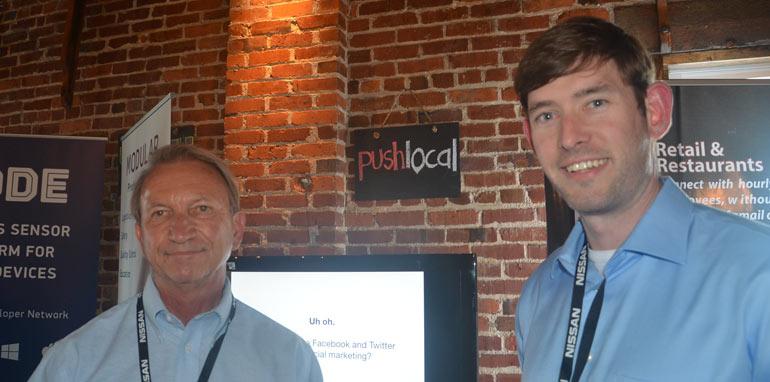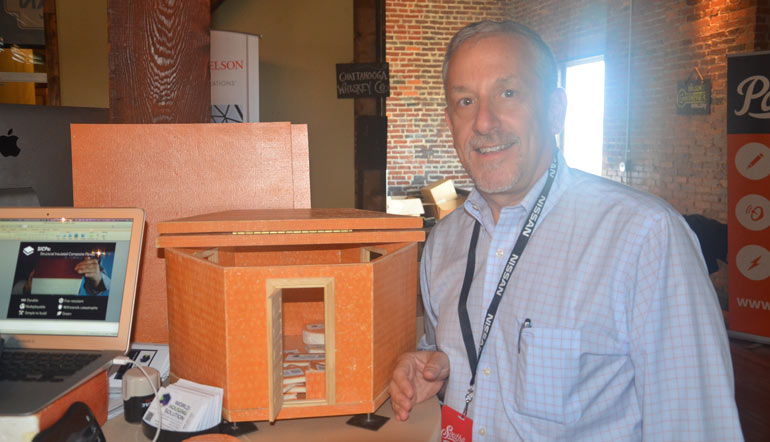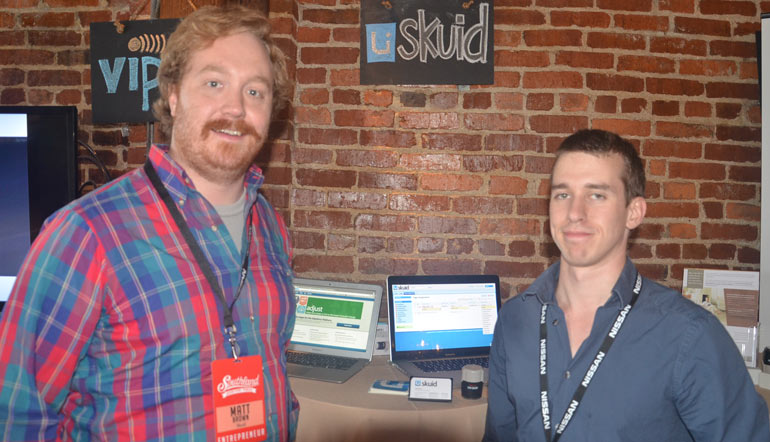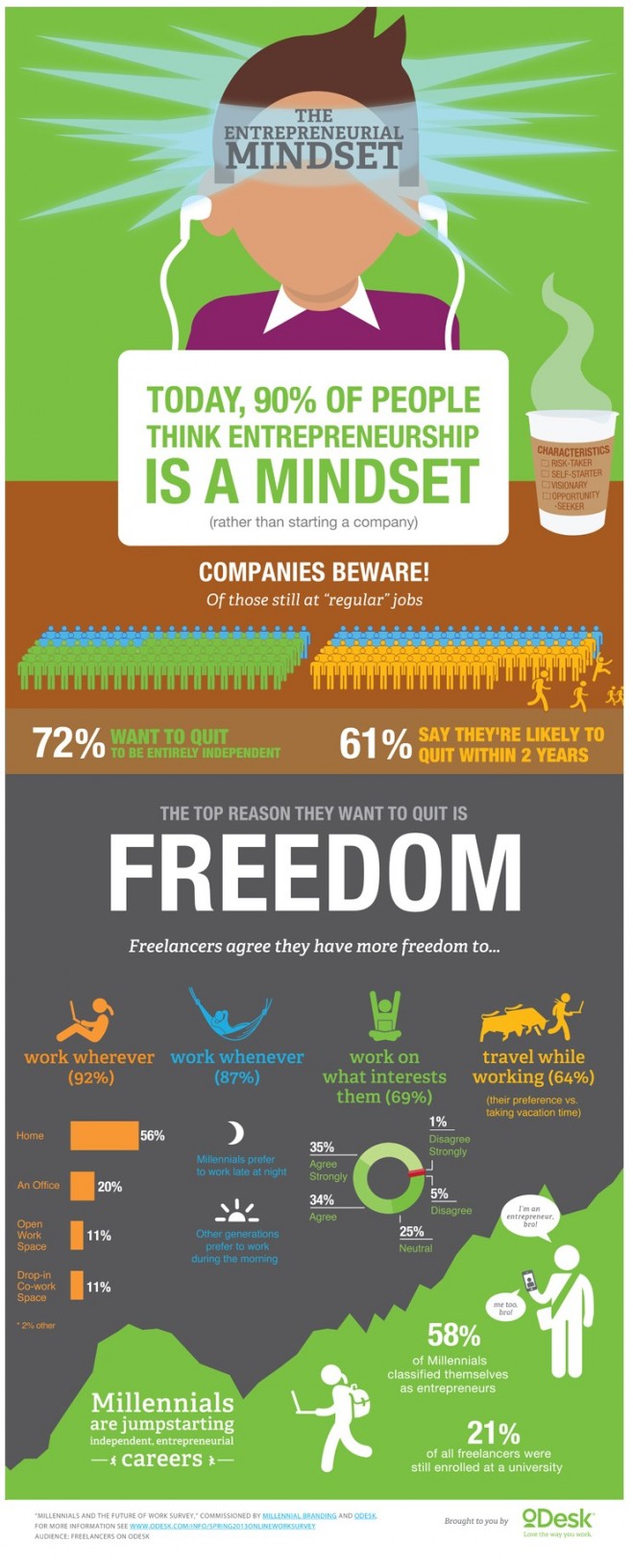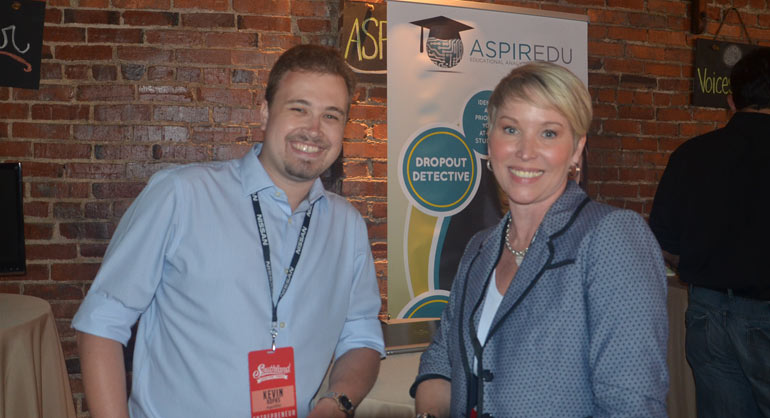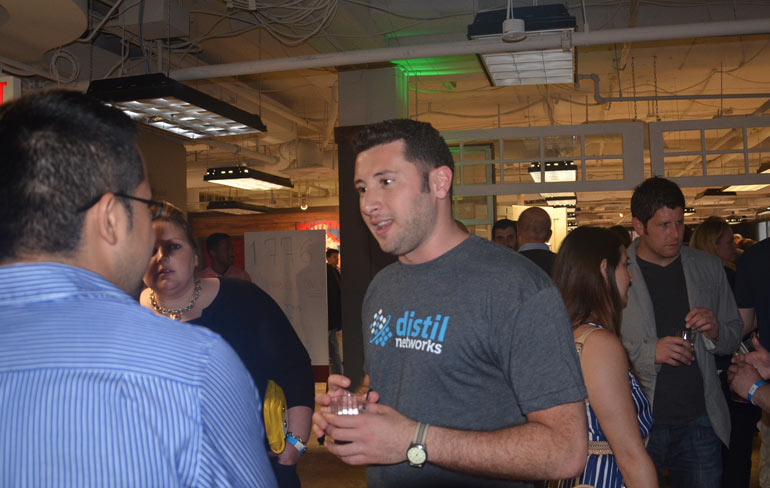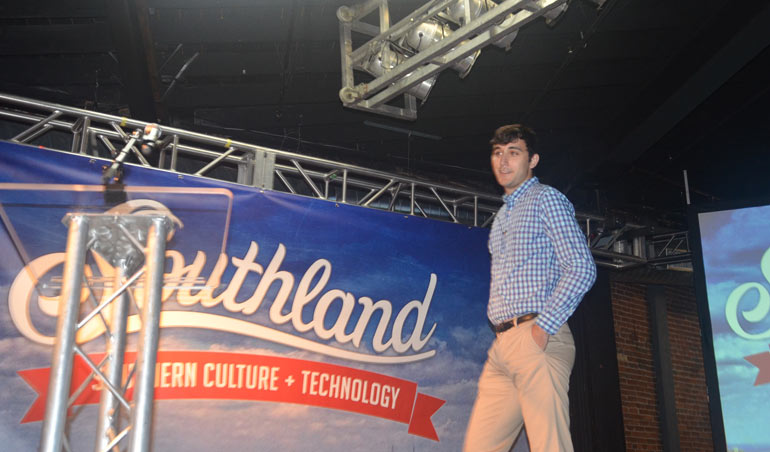
Sarah Lacy & Gary Swart at Southland 2013
Just a little while ago, media company PandoDaily announced a new partnership with the Southland conference in Nashville, TN. PandoDaily will provide the programming, and Launch TN, the public/private organization behind the conference, will provide the Southern culture.
I spoke with PandoDaily’s Editor-in-Chief and CEO Sarah Lacy by phone this morning, and it was obvious the Southern girl in her is excited to strike up a partnership in the region.
“I really believe there are some great companies in the South,” she said. “It may not be as dense as the Valley, but there are definitely great companies to be discovered.” (Of course, here at Nibletz we knew that, didn’t we?)
That sentiment plays out in much of Lacy’s career, both with her books and during her time at TechCrunch. Her second book Brilliant, Crazy, Cocky: How the Top 1% of Global Entrepreneurs Profit from Global Chaos was all about discovering entrepreneurs in emerging markets, and her final project at TechCrunch was the historic Disrupt Beijing.
“Some of the companies we saw in China are some of the best companies I’ve seen anywhere,” she stated.
With that discovery in mind, Lacy was eager to talk about some of the innovations the Pando team will be making to the traditional startup competition. We’re all familiar with the endless pitching that happens at tech conferences. There are dozens of companies, but because it has little benefit to the audience, few of them stay to listen, effectively undercutting the most important moment for the startup onstage. There are also strange dynamics when an investor is expected to offer feedback on a company he or she’s had 5 minutes to understand.
At Southland 2013, startups in the competition had to go through a selection process to be chosen. Under PandoDaily’s direction in 2014, that process will be even more rigorous and will result in only 10 companies competing. Conference-goers can sit through 5 pitches a day, right?
To guarantee that, Lacy will also innovate the actual format. Startups are often at a disadvantage during a pitch, because when an investor asks a smart question, it can appear disrespectful or argumentative for the founders to argue a point. However, if they’re quiet, they don’t get to fully defend their company. At Southland 2014, each startup in the pitch contest will have a personal coach in the industry. This person will spend time with the startup and get to know their company. Then, they will join the startup onstage and act as an advocate during the judge’s questions.
There’s nothing more entertaining that 2 experts verbally sparring, am I right?
Lacy was also excited about some of the video and audio they plan to experiment with.
“The best things about conferences happen backstage, and those are stories that don’t get told,” she said.
So, at Southland 2014, there will be cameras rolling backstage to catch some of those stories for the PandoDaily team to use.
I asked Lacy if this signaled a shift in content strategy for them, and if the fundraising rumors were true. Of course, she wouldn’t comment on the fundraising, but it would definitely make sense for them to begin seeking capital from outside of the Valley. Because they’ve raised money from almost everyone in Silicon Valley, they are free from any one investor owning a large portion of the company. As a media company covering these investors, that makes it easier to be less biased in coverage. If they’re beginning to branch out, raising money from the big VC’s everywhere else makes sense for the same reasons.
As far as shifting coverage to outside of the Valley, Lacy kind of shrugged that off, too.
“We aren’t putting reporters on the ground in every region or anything,” she said. “But we do hope to uncover the best startups around the country and connect them with our audience.”
The truth is, the South doesn’t get enough love. We’re often connected with horrible statistics in racism, education, obesity, and poverty. But every Southerner, including Sarah Lacy, knows there’s more to the story. There are amazing companies down South, doing things only a Southern company could do.
And, they’re servin’ it up with a, “Hey, y’all!”






